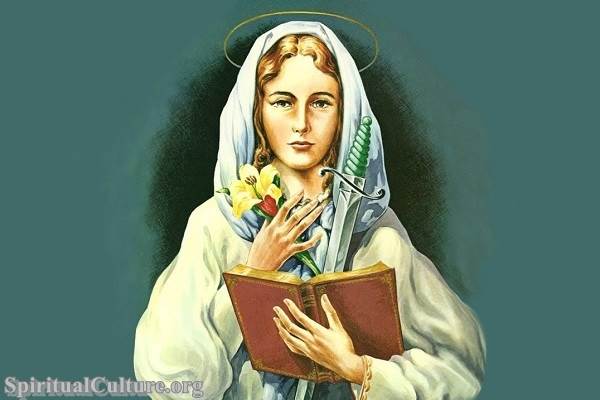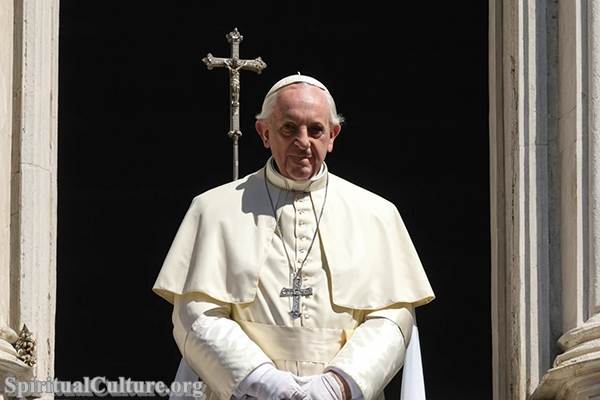The terms Christianity and Catholicism are often used interchangeably, but they are not exactly the same. While all Catholics are Christians, not all Christians are Catholics. This article aims to shed light on the difference between Christianity and Catholicism, two terms that are often misunderstood and misused.
Christianity
Christianity is a monotheistic religion based on the teachings of Jesus Christ. It is the world’s largest religion, with over 2.4 billion followers, or 33% of the global population. The central tenet of Christianity is the belief in Jesus Christ as the Son of God and the Messiah (Christ). Christians believe that Jesus, as the Messiah, was anointed by God as the savior of humanity and hold that Jesus’ coming was the fulfillment of the messianic prophecies of the Old Testament.
Christianity is more than a system of religious belief. It also has generated a culture, a set of ideas and ways of life, practices, and artifacts that have been handed down from generation to generation since Jesus first became the object of faith. Christianity is thus both a living tradition of faith and the culture that the faith leaves behind.
Catholicism
Catholicism, on the other hand, is a denomination within Christianity. It is the largest one, with approximately 1.3 billion Catholics worldwide. The term “Catholicism” comes from the Greek word “katholikos,” which means “universal.” This term was first used to describe the Christian Church in the early 2nd century to indicate its universal scope.
Catholicism is characterized by its faith in the Pope as the Church’s spiritual leader. The Pope, who is the Bishop of Rome, is considered the successor to Saint Peter, whom Catholics believe was appointed by Jesus Christ as the first head of the Church.
Difference Between Christianity and Catholicism
The primary difference between Christianity and Catholicism lies in their views on the church and its authority. While both believe in the Trinity (God as the Father, Son, and Holy Spirit), the Bible as the word of God, and the life, death, and resurrection of Jesus Christ, they differ significantly in their interpretation of the church’s role and authority.
In Catholicism, the Pope has the highest authority and is considered infallible in matters of faith and morals, a concept known as Papal Infallibility. This means that when the Pope declares something ex-cathedra (from the chair of Peter), it is considered free from error. The Catholic Church also highly emphasizes tradition and the seven sacraments (Baptism, Confirmation, Eucharist, Penance, Anointing of the Sick, Holy Orders, and Matrimony).
In contrast, most other Christian denominations do not recognize the Pope’s authority or the concept of Papal Infallibility. They also emphasize the Bible as the sole authority for faith and practice, a concept known as Sola Scriptura. While they recognize some sacraments, they do not necessarily recognize all seven that the Catholic Church does.
Conclusion
In conclusion, while Catholicism is a branch of Christianity, there are significant differences between the two, particularly in their views on the church’s authority and the role of tradition. Understanding these differences is crucial for a deeper understanding of these faiths and their followers. Despite these differences, it’s important to remember that both Christians and Catholics share a common belief in Jesus Christ as the Savior and the Son of God.



